That time I held elected office
28 Jan 2022Note: this is a memoir styled post about the local community that I inhabited and my learnings from being involved in the community board
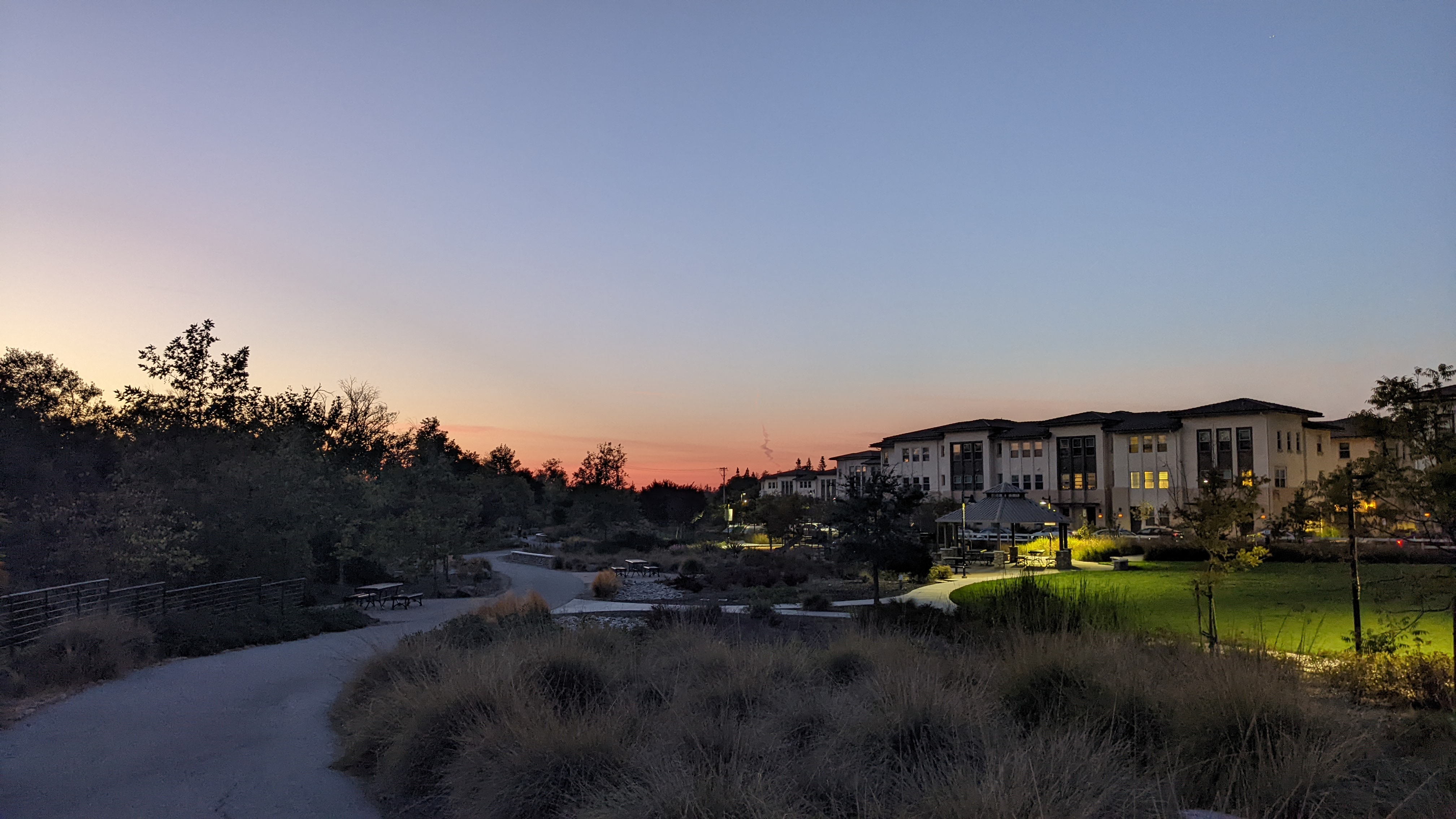
For the last 7.5 years, I’ve had the privilege of moving to and living in the San Francisco Bay area. Prateeksha and I moved to Sunnyvale (affectionately called Suryanagar by a colleague since it’s the Indian Ghetto of South Bay) in 2014. We have since lived in five homes in the Bay.
Growing up in India, I never really had a ‘domicile’, as some refer to it. Sure, Bangalore was home, but we never settled down anywhere, given my family’s financial circumstances. In my 37 years of living, I’ve moved homes a total of 19 times. Consequently, “Home” to me has always been a nebulous non-physical entity, defined only by the presence of my family/friends and the local community.
In grad school, I studied the history of different socio-economic development models globally. From Singapore’s miraculous rise to Ireland’s IDA, East Asian tiger economies to Japan’s dominance in hardware and microprocessors in the 80s & early 90s. I also learned about India’s technology sector, and thanks to Dr. Saxenian’s books, I learned about Silicon Valley.
I’d read about the economic disparity between East Palo Alto and West Palo Alto long before I stepped foot in America. However, I couldn’t fathom the reality of it until I moved and visited both of those areas after I landed in the Bay.
Moving to a new community
Cause the rent was too damn high, we started looking for a starter home. We settled on a new community that bordered a natural creek (which swelled when it rained) and a strip mall. Builders marketed the community as “urban living in the burbs”. The area was zoned originally for industries but was undergoing gentrification, given the housing demand in the area. Personally, it was the first time I lived in a home that I(we) owned.
After a brief honeymoon period, problems with locality started to emerge. Package thefts were not uncommon, and there were a couple of break-in attempts in neighboring units. My car got broken into in 2018 - and my laptop bag with some camera gear was stolen. Damages totaled around $3500, but the local police didn’t investigate. A noticeably agitated cop on the phone asked me to file a report online. Unless there was bodily harm or greater than $10,000 in damages, the official line was that there was no active investigation, esp since I had insurance.
The more significant issue was the creek area that bordered the community. It housed many homeless folks who made makeshift dwellings from cardboard boxes and camping equipment. A few would wait outside the local coffee shop hoping for a handout, and I spoke to a few after buying them breakfast. One of them mentioned that many were working folks who held jobs at the local grocery market and the fast-food restaurants. They couldn’t make rent in the area or afford a car (or insurance). Many others lived in their cars and RVs in the strip mall’s parking lot. A few were mentally ill, hooked to substances, and lived off petty grifting and handouts from neighbors.
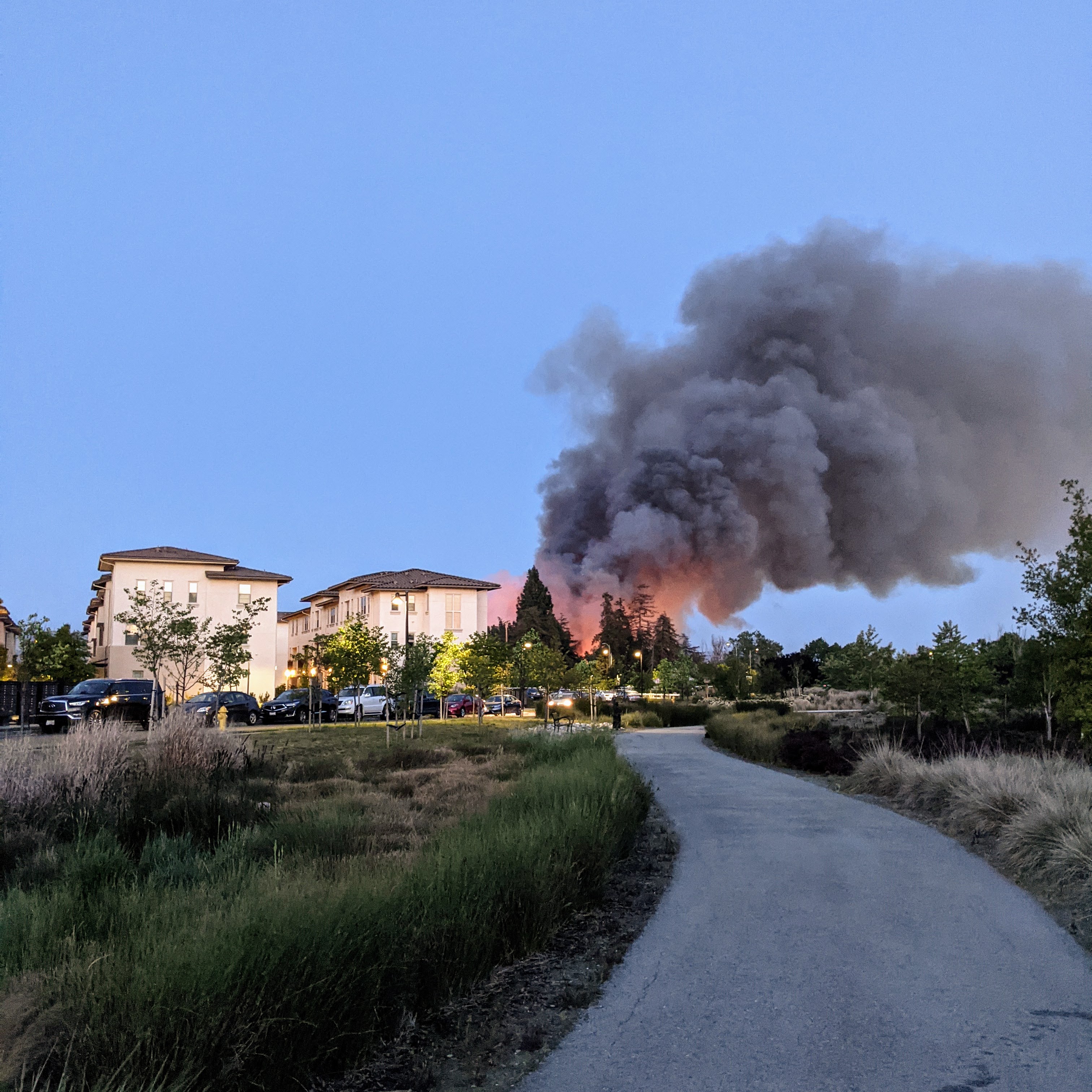 |
|---|
| Small wood fire made for warmth which became an unintentional blaze near the community |
Community board meetings
Our community included 240 homes & apartments, a public park (managed by the community), shared landscaping, street lights, and security. There was an elected Board of residents that oversaw planning and operations. Every month, the Board met to discuss topics related to the community. I started attending those meetings to get a feel for what was happening. Also, given our high maintenance costs, I was curious to see how the Board managed funds in the community.
In one of those meetings, a resident mentioned The Jungle.
Fun side note: On several occasions, I saw Vietnamese folks filming, narrating, and interviewing homeless folks around the community after paying them a few dollars. A few interviewers I spoke to told me that videos of homelessness in the US drew a lot of eyeballs on YouTube Vietnam. Here’s my Google translated Youtube search. I believe it’s primarily to warn folks in Vietnam about the realities of the US.
One of the senior board members, a tech exec from the 80s, encouraged me to get involved in the activities of the Board. I didn’t give it much thought, but after living in the community for two years, I felt compelled to learn more and help our community improve. In late 2018, a vacancy opened up.
Separately at work, a couple of mentors of mine encouraged me to join boards of startups as a precursor to understanding leadership and long-term decision making. While this wasn’t a startup, it seemed like a good opportunity to join a professional board set up for a personal cause.
Elected office
A small group of people elected me to the Community Board. It was my first election, and I beat two other guys equally passionate to be on the Board. It felt weird.
The Board’s responsibility was the management of the community, oversight of $1.8mn of annual operational expenses, insurance, and building up reserves for unplanned expenditures. In addition, the Board had the final say on landscaping, lighting, repairs, security, disputes, community rules, and regulations.
I learned so many things being on the Board. Most importantly, I learned about America’s litigious society and how most board decisions involved shifting liability away from the Board. The high cost of living and labor meant the Board had money for maintenance, but not enough for a lawsuit. Still, there was a law firm on retainer. I also learned about the different layers of sub-contractors and the process of evaluating and managing contracts. E.g., the city billed water for the entire community, so the Board had to bring in a sub-metering company. They were responsible for installing individual water meters in individual units, common areas, and producing a bill at a fixed monthly cost. There were subcontractors for everything - e.g., window washing, foliage maintenance, electrical upkeep, security, common area maintenance, restoration company, roof inspectors, sewer inspections, fire safety inspection, elevator inspection, and maintenance.
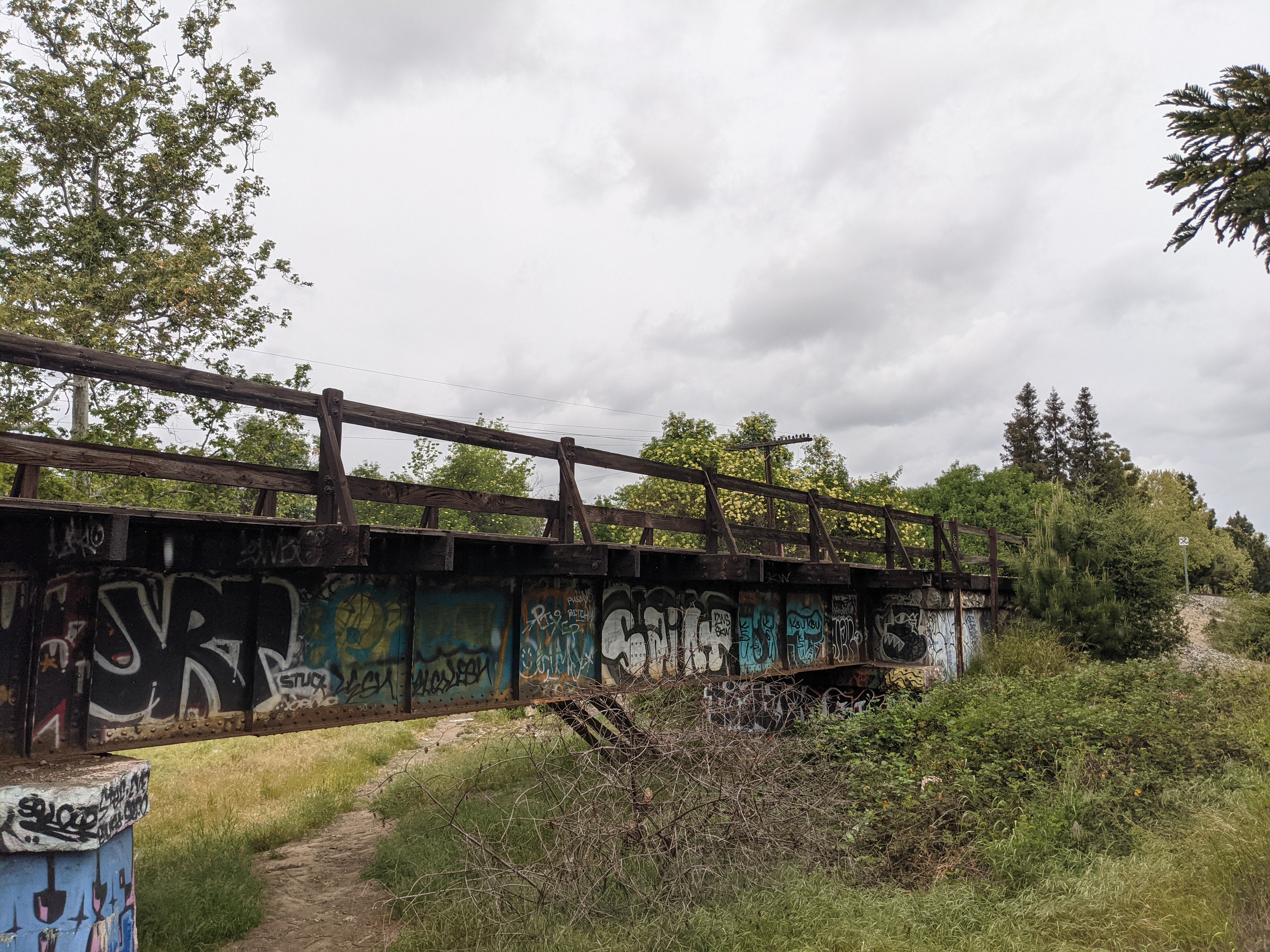 |
There was also a layer of intermediaries that the Board paid to verify whether sub-contractors were doing the right thing. E.g., elevator maintenance was so expensive that the Board hired elevator management inspectors, whose sole responsibility it was to ensure the elevator maintenance company the Board had on retainer was being honest. Yes, our elevator company charged $1000/hr for repairs if an elevator broke down on the weekend. Of course, as if on cue, the elevators broke down on Friday evenings. Another board member jokingly remarked that elevator companies were slowly moving into the subscription business.
COVID-19 pandemic
March of 2020 was the start of lockdowns and bad times for folks in the area. The number of homeless folks increased, and so did issues of vandalism and petty thefts (packages, bikes, mail, copper). Homeless folks who lived in the creek area would set off fires unintentionally, endangering themselves and others. Frustrated residents showed up to monthly meetings asking the board members to ramp up security, build walls :) and overall take action against the homeless. In one of the meetings, the Board adopted a more PC term for the homeless: the “transient” population.
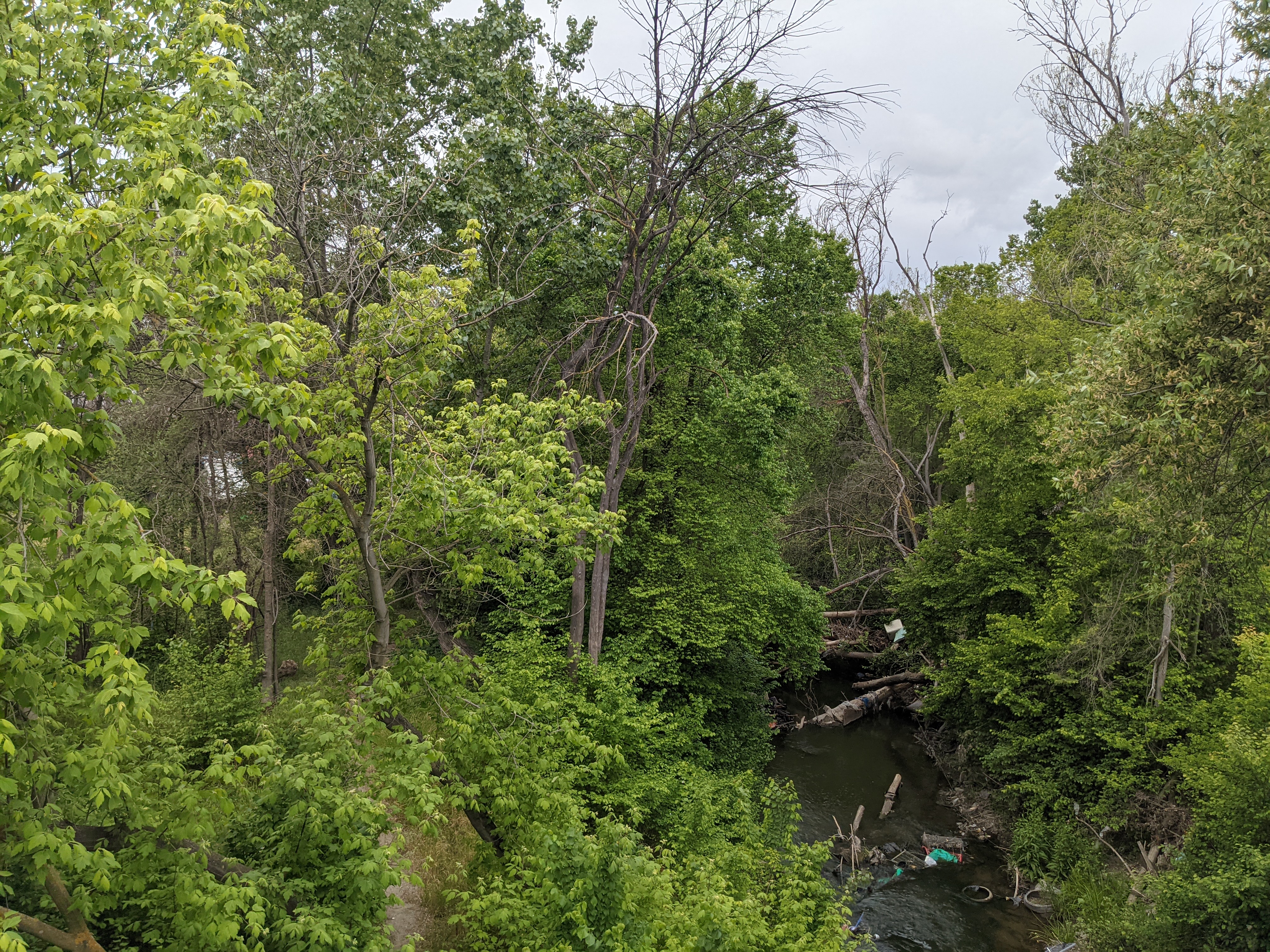 |
|---|
| Creek area with a makeshift home (white square) on the left |
When there was a rumor that a defunct hotel nearby would be converted to a homeless shelter, there was a protest by the local population. It was a “not here and not my problem” approach to homelessness; I mean the transient population :)
With so many local businesses shutting down or going belly up, homelessness and petty crime were up. The Board invited the local elected council member for a Q&A session. It was an hour-long zoom call where residents took their turns asking questions about crime, homelessness, abatement of campsites, and other civic issues. Like a seasoned politician, the district councilperson spoke for the entire hour and answered nothing. He did correct a few residents that the city preferred the term “unhoused” cause it didn’t have any of the negative stigma. Yes, that happened.
It turns out that during the pandemic, the city law enforcement decided only to arrest people if their crime involved assault / bodily injury. For everything else, people only got cited, warned, or fined. The city couldn’t afford to pay for healthcare for the population in jails, so they decided not to fill up jail cells during a pandemic. Crime was up because criminals knew they wouldn’t be incarcerated.
Moving out
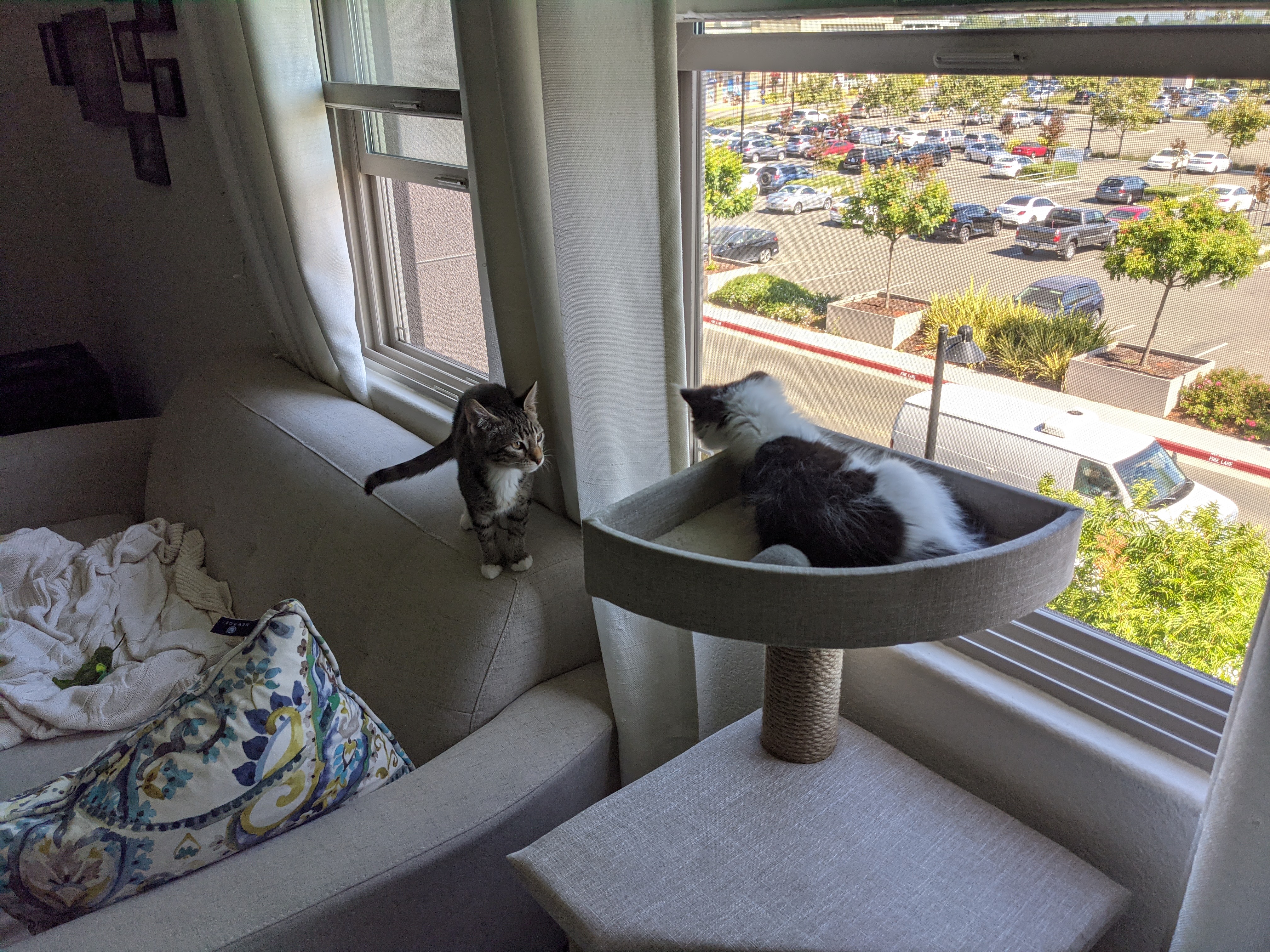
The combination of a wild creek area bordering a strip mall is a perfect setting for an exploding feral cat population. Animal services shut down during the pandemic, so Prateeksha and I rescued several kittens and found them forever homes. We adopted a couple of them and felt it was unfair to raise feral cats in an enclosed apartment on the 3rd floor. We moved out from our community to a new one in the area. Having learned a ton about civic management and board responsibilities, I resigned from the Board.
I left the community (& the locality) feeling like how I imagine most city dwellers want to feel about their time - It was well spent and I hope I left it better than I found it. In my opinion, the entire point of the city is to create more empathetic and cooperative “city folk”, no?
Thanks for reading!
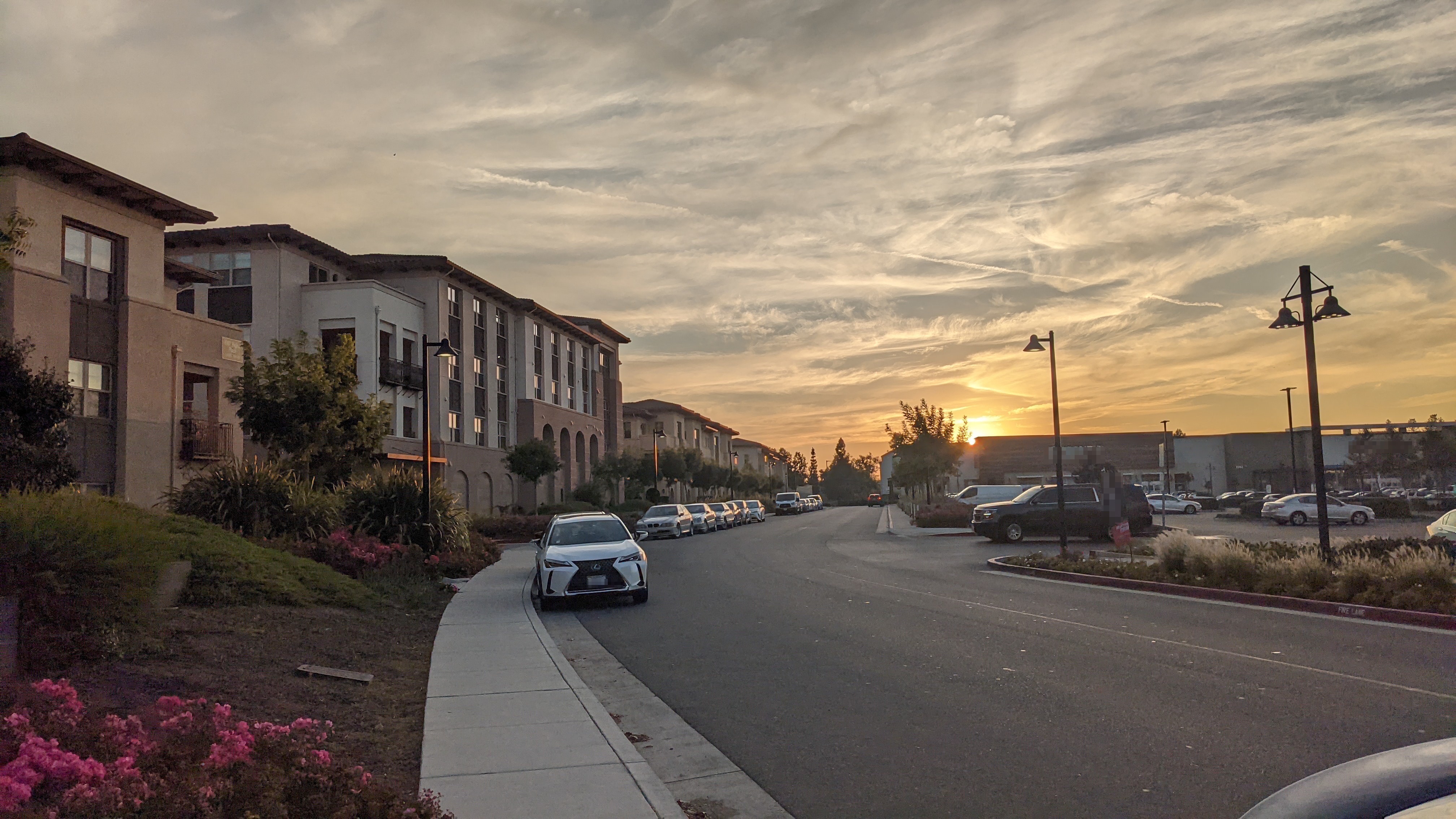 |
|---|
| Strip mall edge of the community |